Do I Have a Voice? Student Ownership Drives Engagement Among Urban Youth

Student disengagement is a rampant problem in our schools. It can lead to lack of participation and effort, behavioral problems, disaffection and withdrawal, and failure to invest deeply in learning. According to national studies, more than 50 percent of students show signs of disengagement (Yazzie-Mintz, 2007; Yazzie-Mintz & McCormick, 2012). The consequences are especially severe… Read More ›
Research Collaborative Seminar: What We’ve Done, Where We’re Going

The Student-Centered Learning Research Collaborative launched in November 2016 with over 100 researchers, practitioners, and policymakers coming together to break down silos and advance the field. Join Eric Toshalis, Research Director at Jobs for the Future, as he kicks off the second year of the Research Collaborative by highlighting its exciting progress, future plans, and… Read More ›
Innovating School: A Denver High School’s Journey Towards Personalized Learning
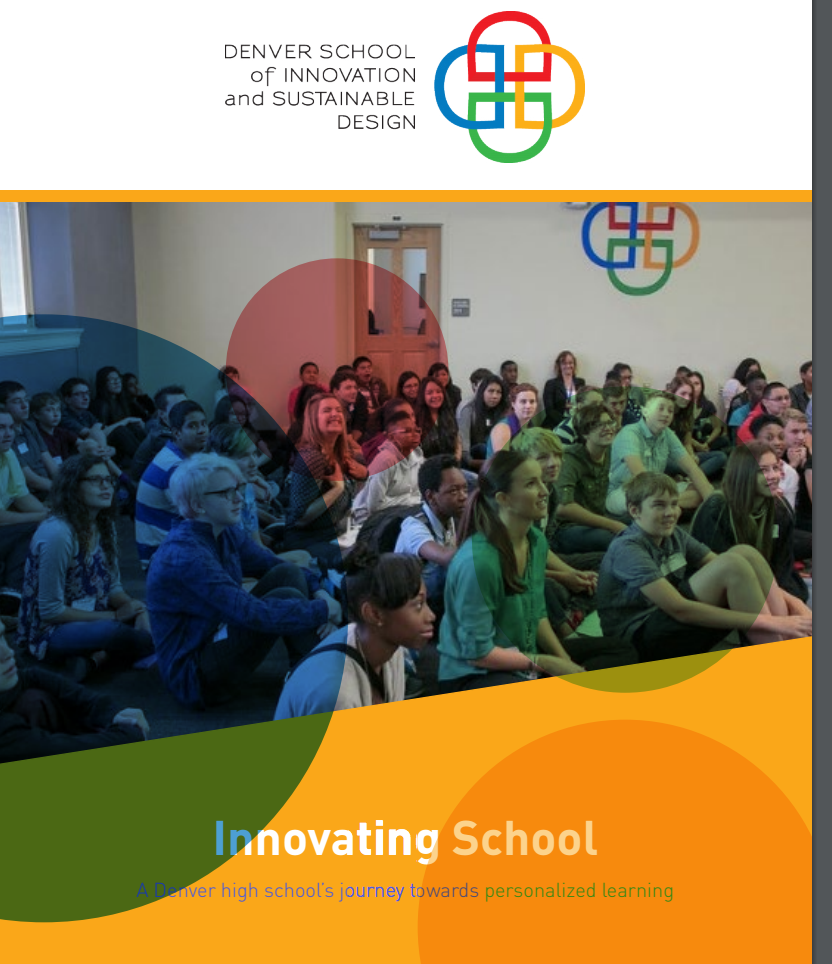
Denver School of Innovation and Sustainable Design (DSISD) is an innovative competency-based school founded in 2015 with a mission to support and grow young people as future innovators and leaders. This case study provides a peek into the day-to-day experiences of students in this unique learning environment and describes the design phase, vision of the… Read More ›
Atlanta Educators Reflect on Lessons From Personalized Learning Initiative

This article shares the experiences of educators implementing personalized learning in Fulton County School District in Georgia. It explores the teacher’s five-year journey to find the approach to personalization that worked for them and their students. Key lessons learned include: The importance of support for teachers throughout implementation The need to have a common language around… Read More ›
Helping English Language Learners Meet their Full Potential
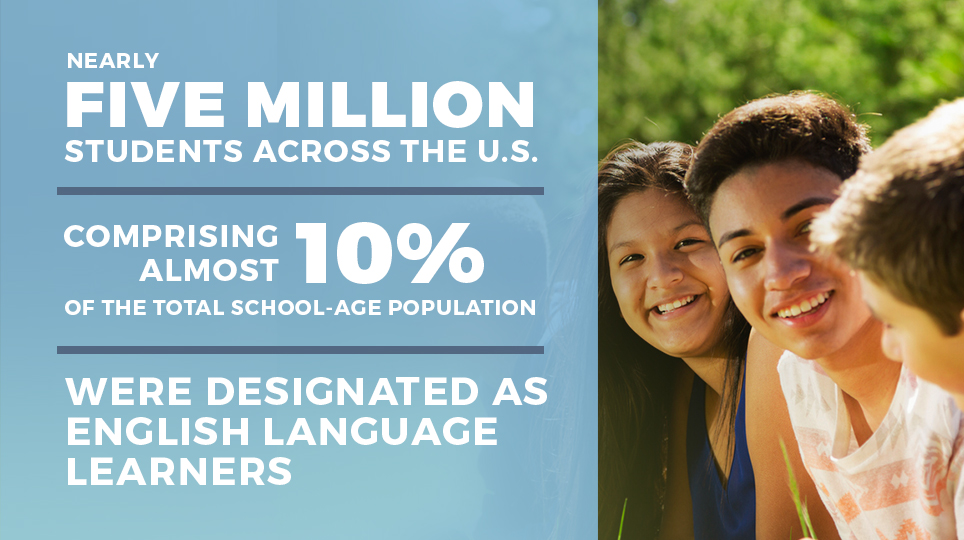
The United States has always been, and continues to be, a nation of immigrants. These immigrants are not only raising our youth, but in many cases they are our youth. And they bring important skills with them. But when it comes to educating students for whom English is not primarily spoken at home (English Language… Read More ›
iNACOL Symposium 2017
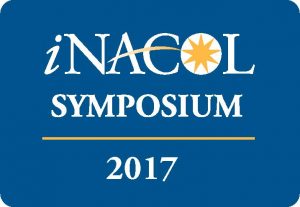
The International Association for K-12 Online Learning’s (iNACOL) annual conference focuses on competency-based, blended and online learning for grades K-12 and brings together experts, practitioners, educators, policymakers, and researchers. The symposium includes more than 200 sessions, each with a specific track to guide attendees toward sessions that fit their unique professional learning needs. Additionally, the… Read More ›
The Student-Centered Learning Research Collaborative: Collaboration, not Isolation

I need to confess something: I never read educational research when I was a middle school teacher. My day-to-day focus was on the practical and immediate—my students, my lessons, my classroom. Looking back, I realize now that I didn’t know what I didn’t know, and my ignorance led to some problematic decisions in the classroom.… Read More ›
Culturally Responsive Positive Behavioral Support Matters
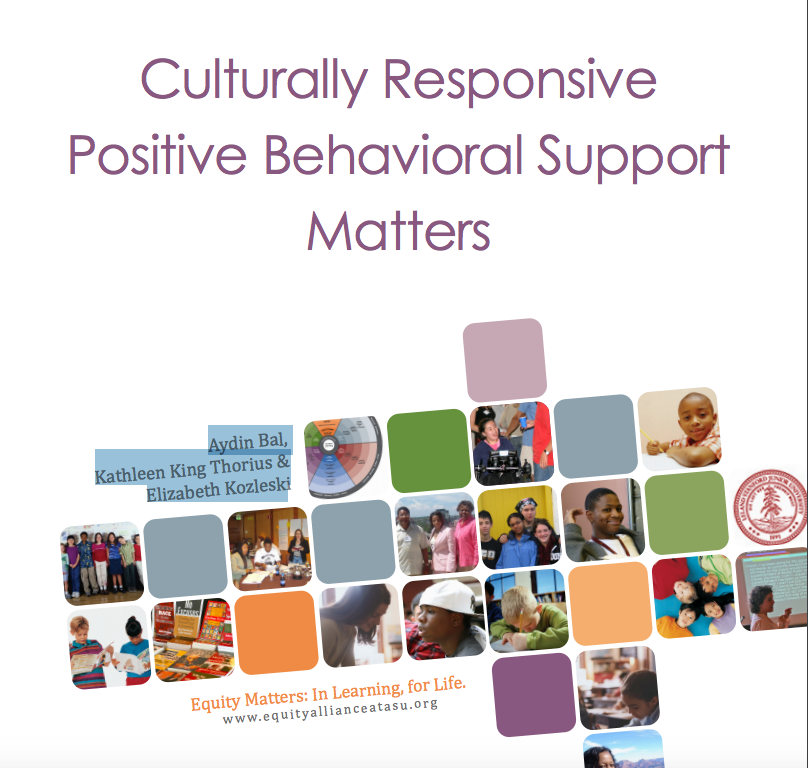
This report, developed by Equity Alliance, discusses ways to make the Positive Behavioral Interventions and Supports (PBIS) model more culturally responsive. In contrast to punitive disciplinary models, PBIS uses prevention, data-based decisions making, and research-based interventions to nurture positive student and adult behaviors. Race-based disparities in discipline and behavioral outcomes is a continuous issue in schools… Read More ›
Informing Progress Insights on Personalized Learning Implementation and Effects
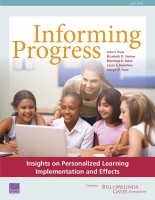
This report and accompanying research brief, written by the RAND Corporation and funded by the Bill and Melinda Gates Foundation, synthesizes findings from a study of the personalized learning (PL) practices at schools in the Next Generation Learning Challenges (NGLC)’s Breakthrough School Models program. Researchers identified the PL strategies used and implementation challenges faced by these schools… Read More ›
Supporting Student Self-Motivation In Online Credit Recovery Classrooms (Part 3 of 3)
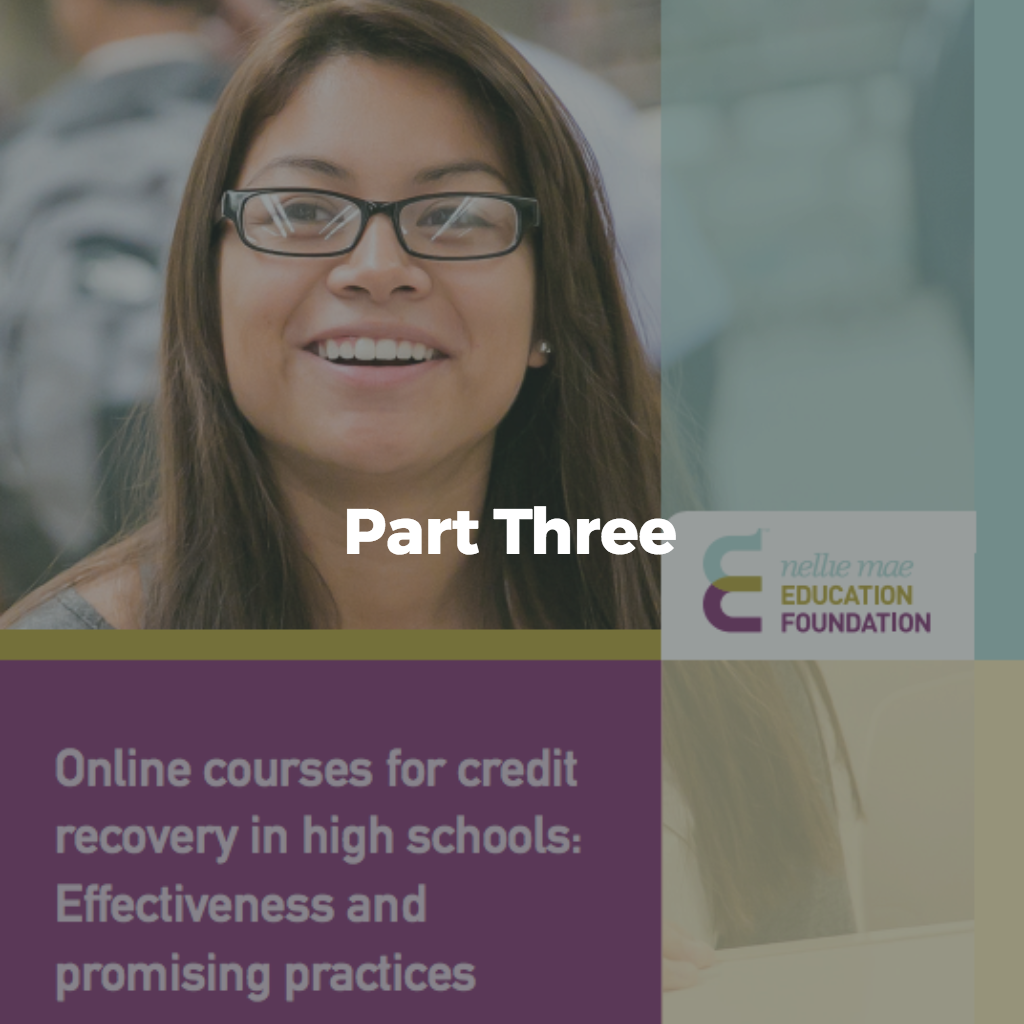
Due to the self-directed nature of online learning in many credit recovery settings, fostering student motivation is essential. One teacher that was a part of this study noted, “Most students are in credit recovery because of motivation issues, not cognitive or behavioral issues.” As in traditional classrooms, online credit recovery teachers grapple with how much… Read More ›
Supporting Goal-Setting, Time Management, and Self-Regulation in Online Credit Recovery Classrooms (Part 2 of 3)
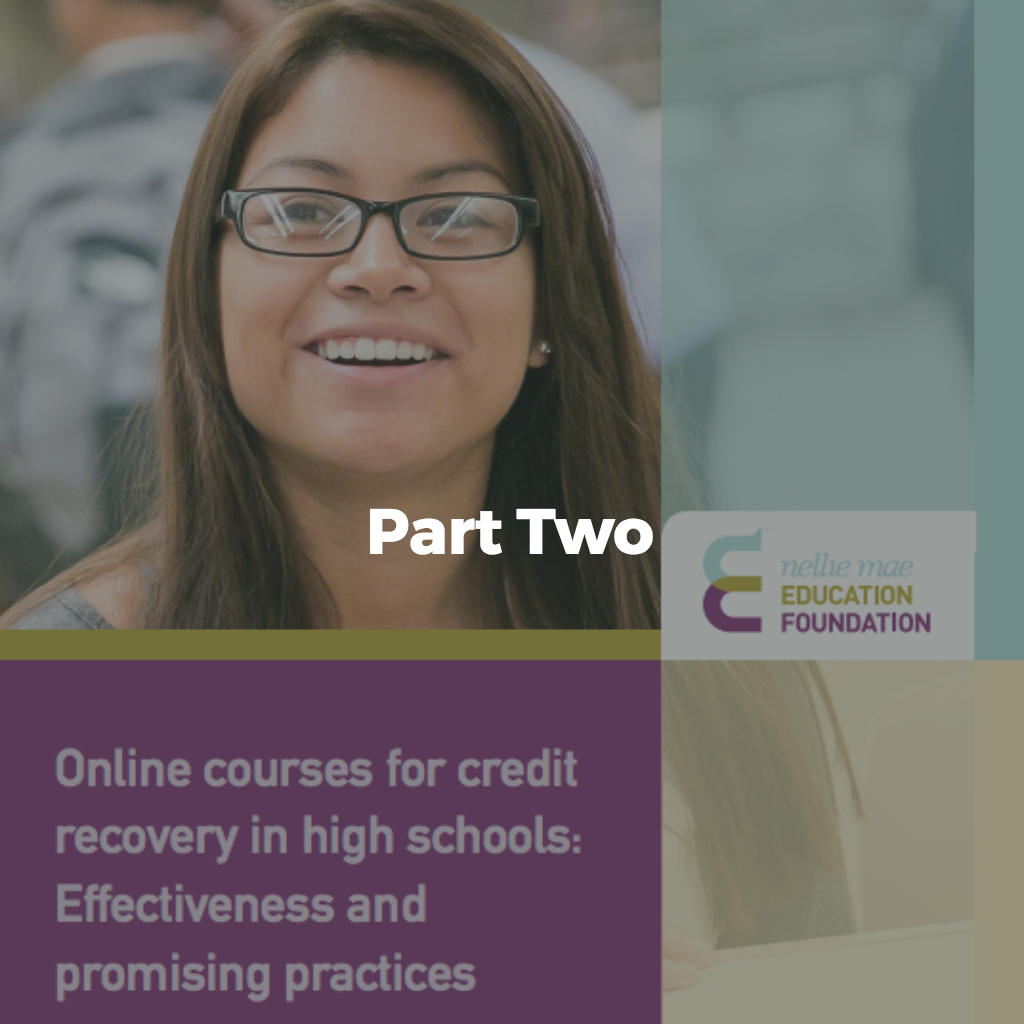
In addition to traditional study skills, online credit recovery classes require students to develop deeper proficiency in self-directed study skills. Below are five teacher and courseware driven supports that can help students build goal-setting, time management, and other self-regulation skills that are key for success. Check-ins Teachers conduct several types of formal and informal check-ins.… Read More ›
Expanded Roles For Online Credit Recovery Teachers (Part 1 of 3)
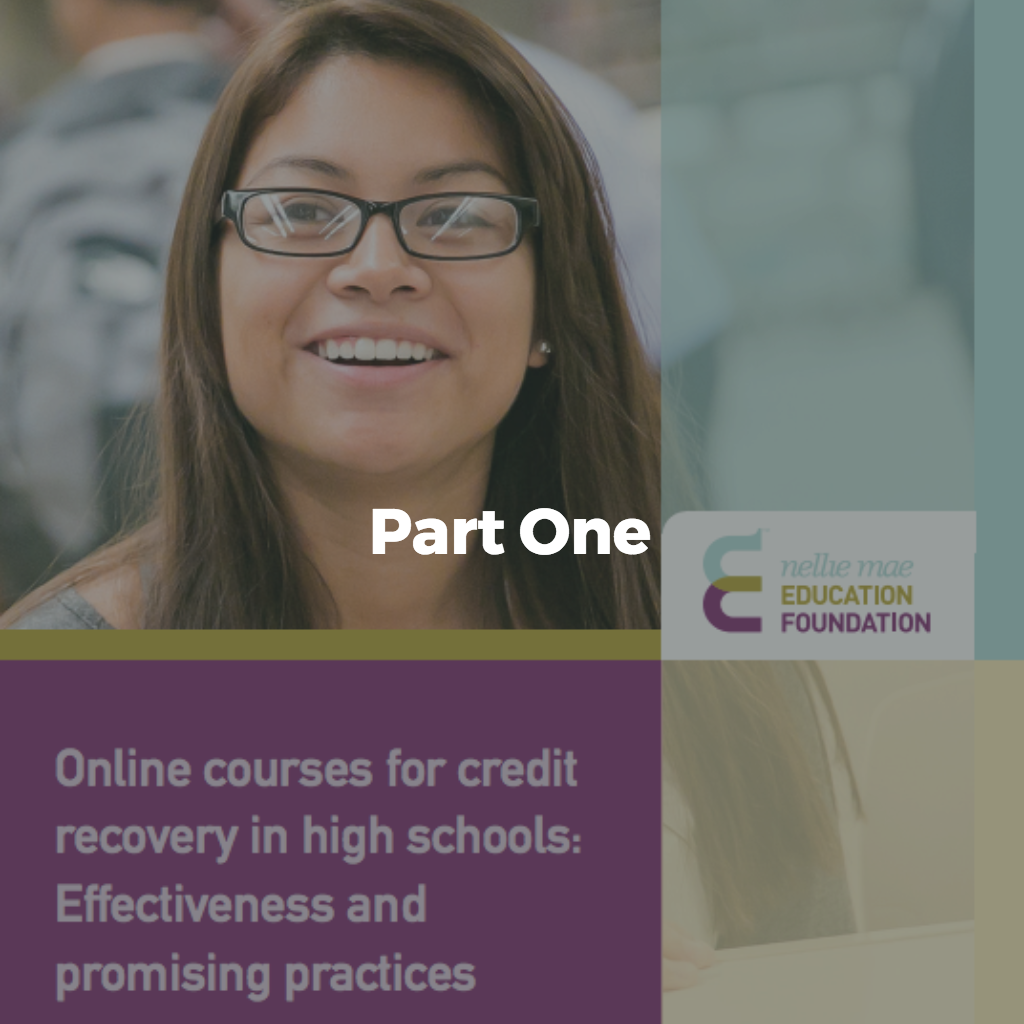
As schools and districts have worked to develop online credit recovery programs, key aspects of program development have often fallen to the teachers. Highly motivated teachers have frequently taken on additional responsibilities, leading them to play the role of advocate, recruiter, course developer, academic advisor, and liaison. The following excerpt explores these new roles in… Read More ›